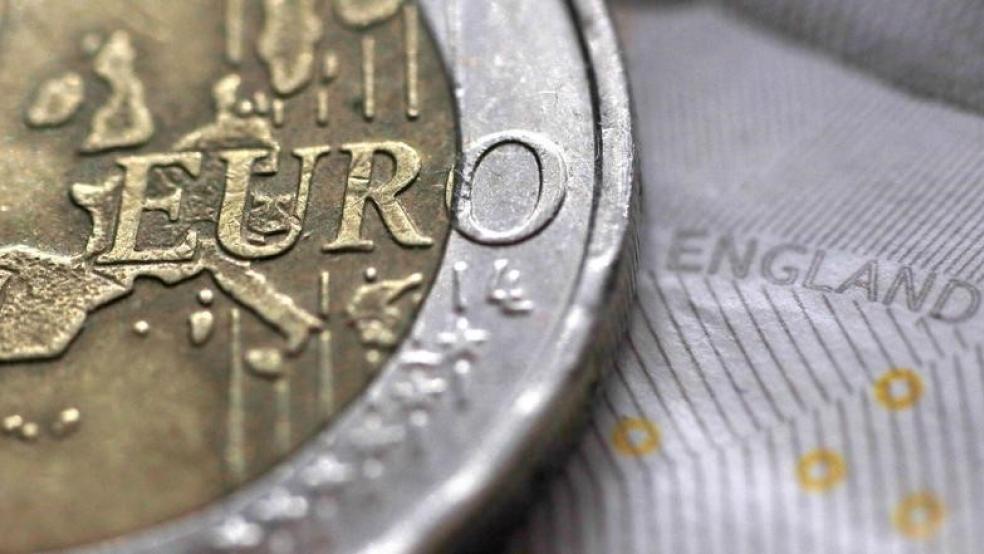NEW YORK (Reuters) - China and Japan, the two biggest foreign U.S. creditors, reduced their holdings of U.S. government debt in November when the dollar weakened against the two countries' currencies, data from the U.S. Treasury Department released on Wednesday showed.
Their reduced position in Treasuries supported the notion that foreign central banks are cutting back their dollar exposure in their foreign exchange reserves."Reserve diversification has grabbed headlines recently with the underperformance of both the U.S. dollar and Treasuries consistent with expectations of central banks reducing allocation to USD (U.S. dollar)," Bank of America Merrill Lynch strategists Adarsh Sinha and Yang Chen wrote in a research note on Wednesday.Last month, the International Monetary Fund said the dollar's share of global currency reserves shrank in the third quarter of 2017 to 63.5 percent, its smallest since mid-2014.China's holdings of U.S. Treasuries fell to $1.176 trillion in November, its lowest in four months. The largest foreign holder of U.S. government debt owned $1.189 trillion in October, according to the Treasury's latest capital flows data.Japan, the second largest holder of Treasuries, scaled back its stake in U.S. government debt for a third straight month to $1.084 trillion. This was the lowest level since $1.083 trillion in June 2013.Overall foreign official institutions sold $6.7 billion in Treasuries in November. They have been unloading their U.S. government debt holdings nearly every month going back to at least 2014.Back in November, the Chinese yuanChina and Japan reduce U.S. Treasuries positions in November

Thomas White



